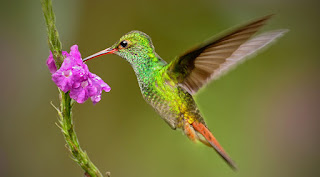What Remains In The Eye 눈에 아른거리는 것
We aren’t sure who wrote Psalm 104, but the psalmist was certainly captivated by nature’s beauty. After describing many of creation’s wonders, like the cedars of Lebanon and the wild donkeys, he sings, “May the Lord rejoice in his works”(v. 31). Then he prays, “May my meditation be pleasing to him”(v. 34).
Nature has plenty of things that can remain in the eye because of their beauty and perfection. How can we meditate on them and please God? We can observe, rejoice, and thank God as we contemplate His works and recapture the wonder. [Keila Ochoa]
시편 104편은 누가 썼는지 확실히 알 수 없지만 이 시편의 기자는 자연의 아름다움에 완전히 사로잡혔던 것을 알 수 있습니다. 그는 레바논의 백향목과 들나귀와 같이 많은 놀라운 창조물들을 묘사한 후에, “여호와는 자신께서 행하시는 일들로 말미암아 즐거워하시리로다”(31절)라고 노래합니다. 그리고 “나의 기도를 기쁘게 여기시기를 바라나니”(34절)라고 기도합니다.
자연은 너무나 아름답고 완벽해서 우리 눈에 아른거리게 하는 것은 얼마든지 있습니다. 우리가 어떻게 이것들을 묵상하며 하나님을 기쁘시게 할 수 있을까요? 하나님의 작품들을 깊이 생각하며 그 신비로움을 새삼 발견할 때 그것들을 보면서, 기뻐하면서, 하나님께 감사할 수 있습니다.
[Our Daily Bread 20171229 "What Remains in the Eye"]




댓글
댓글 쓰기